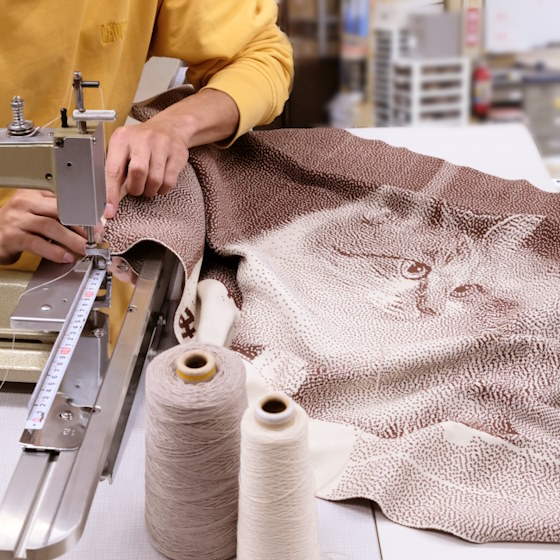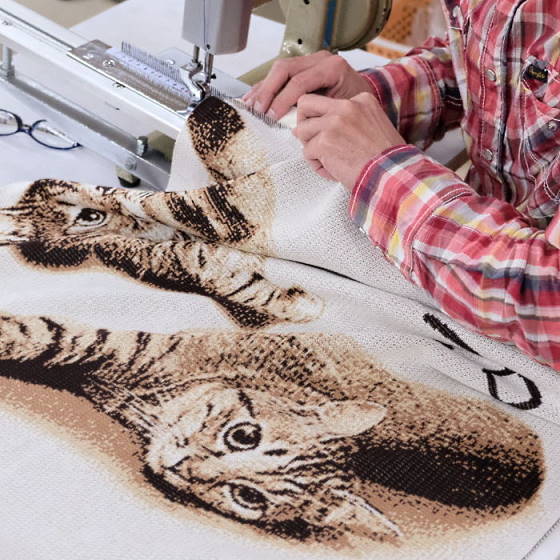Title: Should You Talk to a Pet Loss Counselor? Here’s What I Want You to Know
If you’re grieving the loss of a beloved pet and wondering whether to speak with a pet loss counselor, there’s something I truly hope you’ll hear:
Please don’t hesitate to reach out for support.
Talking to a professional can be incredibly healing—but it’s also important to understand that not every experience is the same, and sometimes it helps to know what to expect.
It can take courage to seek counseling, especially when you’re overwhelmed with sorrow. But in most cases, working with a trained pet bereavement counselor can offer comfort, validation, and a safe space to share your feelings.
Why am I saying this?
Because I work with grieving pet owners every day.
I create custom memorial items from pet photos, and through this work, I often receive heartfelt messages from people deep in mourning. After they receive their memorial gift, many write to me with words like:
“Thank you for listening.”
“I had no one else to talk to.”
“Just talking to someone helped me begin to heal.”
And each time I hear this, I can’t help but wonder—why couldn’t they talk to someone sooner?
Some of them tried to open up to family or coworkers, only to be met with indifference or hurtful words. After that, they withdrew, holding their grief alone.
Grieving a pet in silence can be incredibly painful. That’s exactly why pet loss counselors exist—to offer compassionate support when it feels like no one else understands.
That said, there’s one thing to keep in mind:
Counselors are human too, and not every match is perfect. If you don’t feel comfortable with one, it’s okay to try someone else.
In this blog post, I want to share what I’ve learned about pet loss counseling—both from my own experiences and from the heartfelt advice shared by those who’ve walked this path before.
Please note: I am not a certified counselor. What I share here comes from my personal experience and the stories my customers have entrusted to me.
Thinking About Seeing a Pet Loss Counselor? Here’s What My Experience Taught Me
If you’re unsure whether to seek counseling for pet loss, I genuinely encourage you to give it a try.
I’d like to share a bit of my personal experience, as well as insights I’ve gathered from others who have gone through depression after losing a pet.
What It Was Like to Talk to a Counselor
In my case, the moment I arrived at the clinic, tears started pouring down unexpectedly.
Looking back, I think I had reached an emotional breaking point.
It felt like I was finally able to cry—really cry—for the first time since my pet loss.
At the time, I was also carrying the weight of stress from work and family life, and I didn’t always feel understood by those around me. In counseling, I found a space where I could express what I was going through, and I believed that maybe—just maybe—I could be helped.
During the session, the counselor asked me about my situation and guided me through a few questions. I’m not sure how long the session lasted, but as we talked, I began to feel calmer. Then, at certain points—depending on the topic—I felt a deep sadness again and even cried right there in front of the counselor.
I ended up visiting the clinic about once a month for several months. I’m truly thankful I found a compassionate and understanding therapist.
Pet Loss Counseling Is Now More Specialized
At the time, I visited a general mental health clinic. But now, there are even specialized pet loss grief counselors available—professionals who understand the deep pain of losing a beloved animal companion.
If you decide to seek help and it eases your grief, that’s the best possible outcome.
But if it doesn’t feel right for you, that’s okay too.
Counselors are people, and sometimes personalities don’t match. If you don’t feel comfortable or understood, you don’t have to continue. You’re not obligated to stick with a counselor who isn’t a good fit.
What matters most is finding support that truly helps you heal.
About Taking Medication
If you visit a mental health clinic or speak to a counselor, there’s a good chance they may prescribe medication.
When it comes to medication, however, it’s important to approach it with care.
My own doctor encouraged me to avoid relying on medication whenever possible.
The reason? Over time, your body may build up a tolerance, and the effects can gradually weaken. As a result, some people may end up needing stronger and stronger prescriptions just to feel okay.
Eventually, this can lead to a situation where it feels impossible to function without medication—and that’s something my doctor wanted me to avoid.
That’s why I was advised to use medication only when absolutely necessary.
That said, taking medication occasionally—as a short-term or as-needed treatment during especially difficult moments—can be helpful and appropriate.
If you do choose to take medication, I hope you’re able to do so in a way that supports your healing, not hinders it.
Recommended article: Medications That Help with Pet Loss and Depression
If You Don’t Feel a Connection with Your Counselor
If you feel that your current counselor or therapist isn’t the right fit, don’t hesitate to consider trying a different support service or mental health provider.
It’s unfortunate, but some doctors are quick to prescribe medication without truly listening to your emotional needs.
For reference, I went to a psychosomatic medicine clinic, not a psychiatrist.
At one point, I thought to myself:
“I feel bad taking up my trusted doctor’s time just for my emotional issues, especially when so many others are waiting to be seen for physical conditions. Maybe I should see a specialist.”
So, I asked for a referral to a professional counselor.
When I visited the new clinic, though, I couldn’t get comfortable with the atmosphere. I felt uneasy and ended up leaving right away.
Sometimes a different clinic or provider is a better fit—but not always.
That’s why it’s important to trust your instincts and take your time in finding the right place for support.
Phone Support and Online Resources
If you search online, you’ll find that some services offer phone counseling and grief support hotlines.
There are even programs that specialize in pet loss support—so it’s worth doing a quick search to see what’s available in your area or online.
If you come across a counselor who seems trustworthy and experienced, why not reach out?
They’re likely to provide far more helpful guidance than someone like me, who doesn’t have professional training in grief counseling.
Can You Talk to Someone Close About Your Pet Loss?
Do you have someone close to you—a family member, partner, or friend—you can talk to about the pain of losing your pet?
Have you been able to tell anyone that you’re going to counseling for pet loss?
It’s especially important to ask:
Have you talked openly with the people closest to you—your family, your significant other, or your close friends?
In my case, I couldn’t bring myself to talk to my family.
And when I finally gathered the courage to open up, I was met—just as I feared—with cold and dismissive words.
Sharing your grief doesn’t always lead to the comfort you hope for.
But keeping everything bottled up inside can be just as painful.
If there’s someone you trust who you feel safe talking to about your counseling or your grief, I encourage you to open up to them.
Of course, it’s not ideal to rely only on a counselor—or to place the full weight of your emotions on a loved one by bringing it up repeatedly. But having somewhere safe to release your emotions is so important for healing.
Sometimes, just knowing there’s someone who’s willing to share in your sadness can bring a deep sense of relief.
Related article: I had a family who cried with me
I also provide consultation to customers.
While I create my works, I also give advice to customers every day.
I’m not a counselor, so consultations are free of charge, but sometimes people come and just consult with me and then don’t place an order, which I would ask you to refrain from doing.
Customers are happy with our products, but I think they probably just wanted to talk to someone about it.
I devote myself to creating works while seeing my customers’ spirits improve every time I contact them.

The product has arrived. My child passed away at the age of 8 due to illness, so I bought it after he returned home. It’s knitted, not printed, so it’s very beautiful. I’m glad I was able to find such a good product. Thank you very much.
I create my works every day while Listening to their worries to people dealing with pet loss.
I just wanted to hug her once more, so I asked for a cushion. I consulted with Miasa-san, and he was able to gently wrap my heart in it.




